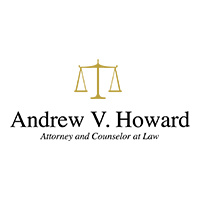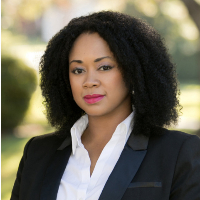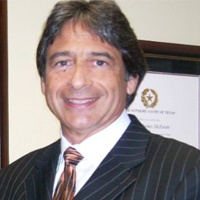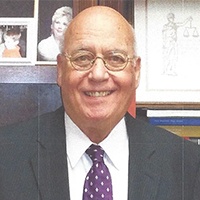Dallas Estate Lawyer, Texas
Sponsored Law Firm
-
 x
x

Click For More Info:
-
Andrew V. Howard, PC
1717 Mckinney Ave Suite 700 Dallas, TX 75202» view mapAccident & Injury Experience You Can Trust
Attorney Andrew Howard is dedicated to protecting the rights of his clients and will stop at nothing to ensure they are treated fairly in court.
214-226-1848
Andrew Vincent Howard
✓ VERIFIEDAndrew Howard is a practicing attorney in the state of Texas specializing in Accident & Injury, Divorce & Family Law, and Criminal Defense. Mr. Howard... (more)
Bruce Alford
✓ VERIFIEDBruce Alford is the founding lawyer of the Alford Law Firm and has been licensed in Texas in 1987. The Alford Law Firm is admitted to all Texas state ... (more)
SaKinna Lavonne Thomas
✓ VERIFIEDSakinna Thomas is a practicing lawyer in the state of Texas. Attorney Thomas received her J.D. from Indiana University at Bloomington in 2002.
John Richard Vermillion
✓ VERIFIEDJohn R. Vermillion works as an estate planning and probate attorney and is licensed to practice in Texas, Louisiana, Oklahoma, and Tennessee. A native... (more)
Elliott E. Burdette
✓ VERIFIEDElliott has practiced for decades in the area of wills, trusts, estates, guardianships, and probate. He routinely prepares living trusts, wills and ha... (more)
Eric J. Engel
✓ VERIFIEDEric attended both Gonzaga and Seattle University Schools of Law. During law school, Eric earned a spot on the prestigious Law Review team where he be... (more)
Dennis Ray Croman
Dennis R. Croman has more than 50 years of legal experience representing clients in a wide variety of legal matters, including criminal defense, famil... (more)
George S. McKearin
✓ VERIFIEDGeorge McKearin is a practicing lawyer in the state of Texas. He received his J.D. from Southern Methodist University, Dedman School of Law in 1969.
Forrest W. Wagner
✓ VERIFIEDForrest W. “Bill” Wagner is a family law attorney certified by the Texas Board of Legal Specialization as board certified in the area of family la... (more)
 Andrew Howard Dallas, TX
Andrew Howard Dallas, TX










